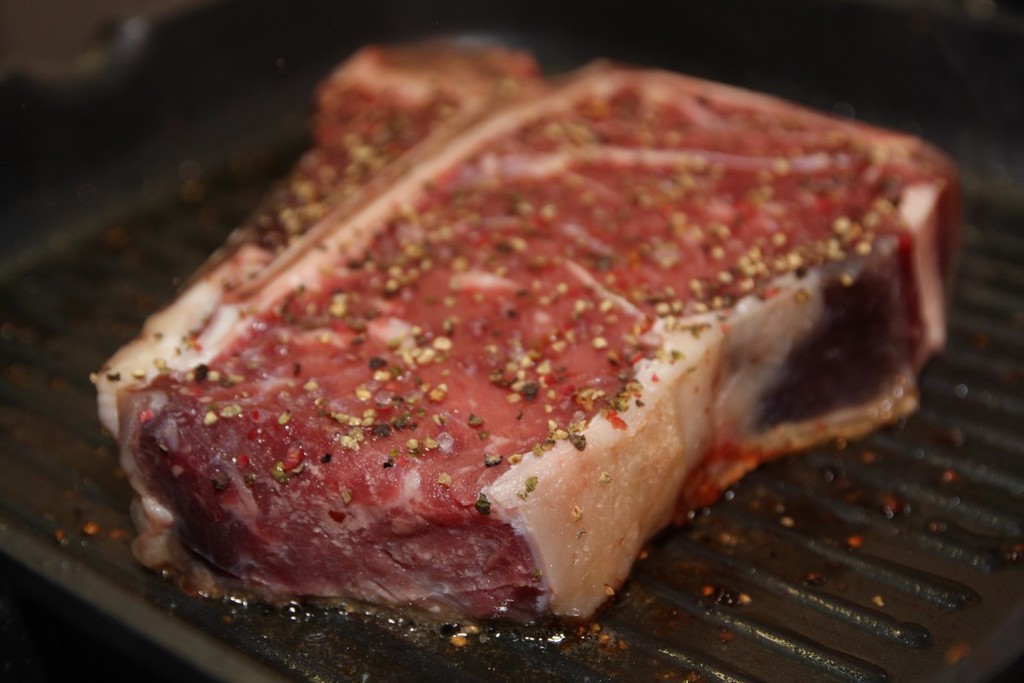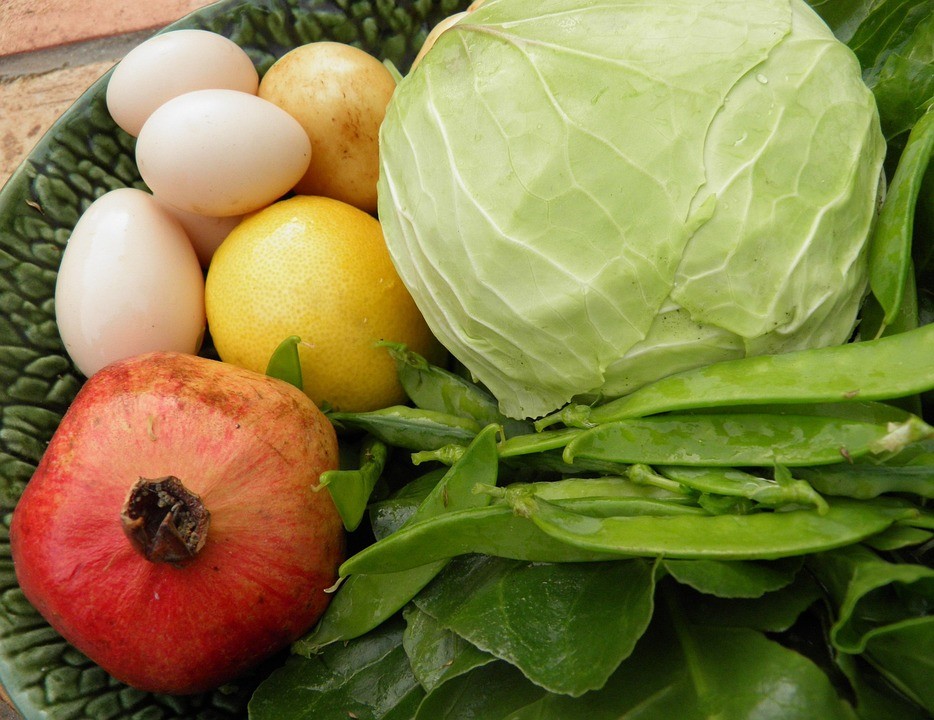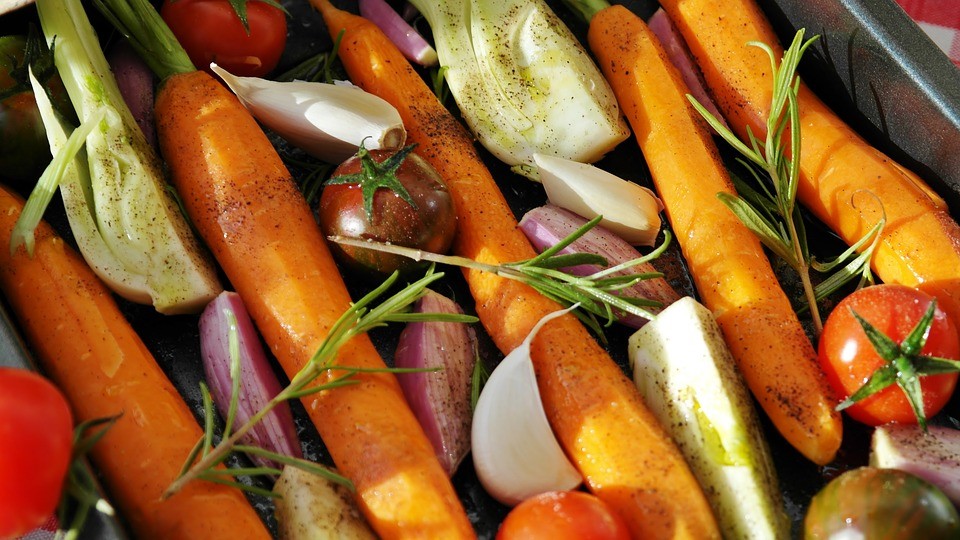
What is the paleo diet or paleodiet ? Fashion seems to have caught up with it, and the gurus who defend it are growing in number. But are there reasons to secure your benefits? Or are we just facing one more deception? The scientific method, again, is the tool that will help us draw our own conclusions.
What is the paleo diet?
“Any past time was better,” the saying goes. And nutrition is not spared from this, it seems, since the Paleo Diet arises from the idea that our hunter and gatherer ancestors ate better than we do . This idea is the central corpus of the work of Dr. Loren Cordain, professor of Health Science and Exercise at Colorado State University and the first promoter of this diet in his eponymous book.
Since its publication in 2010, the attention of athletes, nutritionists or people concerned about their health has been increasing. According to the paleo diet described by Cordain, our diet should be based on the consumption of whole foods such as eggs, fruits, vegetables, nuts, seeds, tubers and lean meats . The Paleo Diet excludes processed foods, grains, simple sugars, and legumes, grains, and dairy. On these precisely, doctors Weston A. Price and Mark Sisson added the possibility of using dairy as long as it was raw, never pasteurized, so this expands the possibilities.
In this way, carbohydrate intake is reduced and balanced with the consumption of fats and proteins . The paleo diet, as we said, has its explanation in the products that we suppose that they ate in the Upper Paleolithic around 12,000 years ago. This excludes all types of processed foods and from crops or livestock . Only meat (for hunting) and vegetables, eggs and seeds (for gathering) are those that fit this diet.
There is an important detail in this question, highlighted by various experts on the subject, such as the Doctor in History and expert in social phenomena associated with food, Juanjo Cáceres: we actually do not know what vegetables they ate in the Paleolithic. Although we have many pieces of information, ( more and more ), the truth is that we are assuming what our ancestors ate.
That is, we do have approximations, such as those published by the Medical University of Groningen, quite clear about the type of diet in the Paleolithic, but is this information enough to reconstruct a diet model, currently? Experts such as Doctor Hervé Bocherens, one of the greatest experts in isotopic analysis, and who is dedicated to reconstructing the typical Paleolithic diet, question this . Although this may not be the answer we are really looking for. What really interests us is whether it has nutritional value.
What are the benefits of the Paleo Diet?

According to a study on the metabolic and physiological impact of this diet, published in the prestigious Journal of Clinical Nutrition , the paleo diet is attributed several beneficial effects: for example, it could help control glucose in people suffering from type two diabetes or even in people without this condition, as our colleague Gabriela Gottau explained for Vitónica . Among the results, a reduction in blood pressure was also found as a consequence of a better elasticity of the arteries and an improvement in the amount of lipids in the blood, even without modifying body weight.
This is consistent with studies conducted by the Universities of Bakersfield and Ohio , which also showed possible benefit in healthy adults, in whom positive changes in body composition such as reduced weight and body fat were observed.
A study by the Indian branch Cochcrane, dedicated to reviewing and gathering other research to ensure the quality of the results, claims to have found a beneficial effect of the paleo diet when used in patients with short-term metabolic syndrome, although this review it is limited to 159 participants , which is a slightly low number of patients studied to draw strong conclusions.
Another interesting research, conducted by the Swedish Department of Health and Clinical Medicine, shows the benefit of using the paleo diet for two years in older and obese women , which could be an indication of the value of using it in the long term , although it is It is important to understand that we may not be able to extrapolate the results for all people, but only for obese people.
Has its health value been exaggerated?
As a result of the growing fame of this diet, several experts have delved deeper into its nutritional implications by conducting broader meta-analyzes, which we remember are the most complete reviews that exist in the scientific world , such as those of Tanis and Carol Fenton, from the University from Calgary, in Canada.
Their studies highlight numerous widespread methodological flaws in the vast majority of research on the paleo diet and its impact on metabolic syndrome, which implies that we cannot trust 100% of its results.
Dr. Christopher Pitt presented for the Royal Australian College of General Practitioners, an article that warned that the real problem is that the paleo diet has been attributed exaggerated benefits
For his part, Dr. Christopher Pitt presented for the Royal Australian College of General Practitioners, an article that warned that the real problem is that the paleo diet has been attributed exaggerated benefits , when there are still no results as clear as those that its defenders affirm , since many of them can be associated to a change of habits, more than to the own diet.
Therefore, there is a panel of nutritionists and experts who doubt that this diet has direct benefits, or, at least not by itself. What is clear is that increasing the consumption of vegetables and fruits is good for your health . So is reducing your intake of carbohydrates and free sugars . If we combine all this with a healthier habit, doing sports (as was the case in most of the studies observed), the result will be positive, without a doubt.
Can this Have Harms?

The paleo diet is harmless in itself. Nor does it have to have benefits. In reality, it all depends on how it is designed and adopted. For untrained people looking for quick and miraculous results, especially those who follow the indiscriminate advice obtained from the internet, this diet (like any other) can have an exclusion component that can be negative . For example, excluding legumes from the diet can lead to a significant loss of plant proteins, vitamins and fiber. Cereals, although of lower quality in nutritional density, serve to complement the lysine, glycine and methionine triangle. Depending on the diet, eliminating them can also backfire.
Also, along with cereals, they are a source of essential amino acids , low in fat, although their role in the diet is currently much more debated. Dairy products, although not essential , can be a good source of calcium and vitamin D, among other nutrients of high biological value. In short, a poorly understood or poorly documented paleo diet may exclude these foods.
On the other hand, for those who remain in some obsolete values on this type of diet, the paleo diet could invite you to consume a lot of lean meat. As the WHO announced, the consumption of red meat has been associated with a greater probability of suffering from cancer or even other types of diseases.
There are also several studies that associate the consumption of meat (of any type) with higher mortality. This , from the Division of Genetics and Epidemiology of Cancer of Bethesda, marks the association between different types of meat, its consumption and the substances present in them. Furthermore, the study is quite robust, having analyzed more than 500,000 cases.
So focusing your diet on these types of foods does not seem like the best option. However, again, it all depends on how we design it. On the other hand, there is currently much more dietary variety , greater knowledge and better access to all kinds of foods. Restrictive diets have been shown to have a very negative influence on people’s health. Turning the paleo diet into a restrictive pattern is relatively straightforward for someone with little documentation.
Legumes are a source of essential amino acids, low in fat and very healthy
If we go a little further, just as there are studies that speak of the benefit of the Paleo diet, there is also research that points to the benefits of a diet based on the exact opposite: this study in which more than a dozen researchers have participated and centers around the world show that eating less protein and more carbohydrates is associated with lower mortality. Of course, it is a study carried out with mice, so it is not easy to extrapolate the result to humans.

As with such novel scientific topics, all this is not a matter of a handful of investigations, but it will be time and effort that will determine the scientific consensus. Understanding the best nutritional pattern is not easy. At the moment, we have many dietary options on the table. Is limiting our diet to foods available in the Paleolithic one of the best? It is still too early to give an answer for sure.